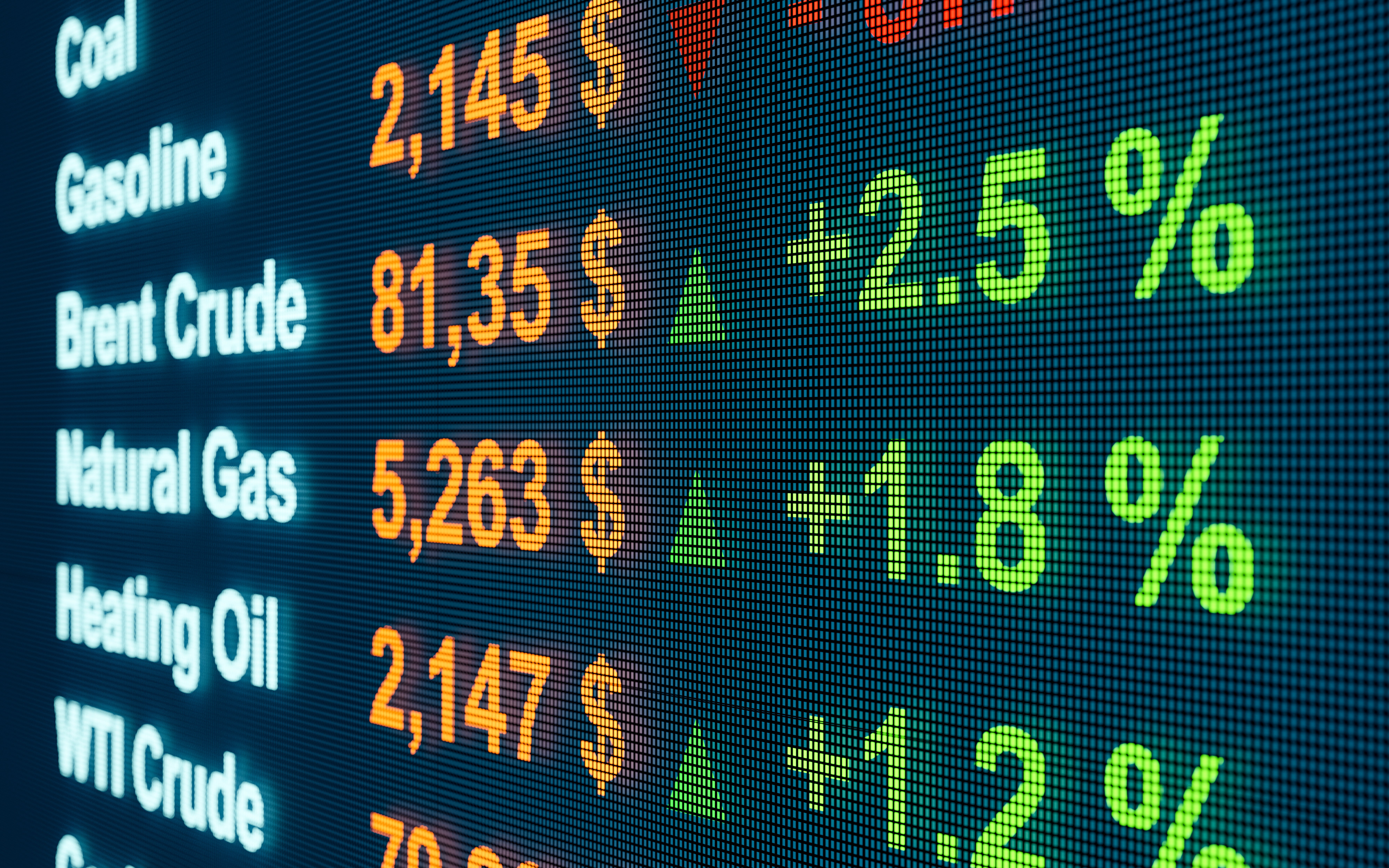Will the economic shocks of war spark a global recession?
If there is a recession, it will be different from our previous experiences, writes Hamish McRae


The economic costs mount. The burden that the economies of the rest of the world will have to bear is nothing to the burden carried by the Ukrainian people. But as the violent movements of the past few days on the markets show – the oil price reached $130 a barrel yesterday – there will be grave economic disruption in the coming months.
How grave? This is such a fast-moving story that any commentary can only be a snapshot at a moment in time. However, the best way to gauge the impact of what is happening is to separate the various forces at work and then see how each might affect us all.
Start with energy, because that is the way Russia most directly affects the world economy. There will be some sort of embargo on Russian exports. We have had Shell stopping buying Russian oil and gas, and President Biden is expected to announce an embargo today. The UK announced a ban too. Germany’s position, and that of the EU, is unclear despite a plea from Volodymyr Zelensky that Europe should stop “giving money to a terrorist”. The US is putting pressure on Germany to join the embargo but whether it does or not, Russian supplies of oil and gas will diminish in the weeks ahead. The price of both will rise further.
How high? Some market analysts expect oil to reach $150 a barrel, while on the futures market, there have been trades at $200 a barrel for delivery at the end of this month. We don’t know how high the peak will be, but we do know from the reaction after previous oil shocks that at these sorts of levels, a massive impetus will be given to conservation and switching to alternative sources of energy.
Other producers, notably Saudi Arabia and the US, will endeavour to increase output. So we can be confident there will indeed be a peak, and my instinct is that it will be reached quite soon.
For gas it is more difficult because Europe does not have easy options to replace Russian gas at any price. Fortunately, we are through most of the winter, so demand for heating will fall, and the issue will be how to build up supplies for next winter. But we do know that in the coming months the surge in energy prices will lead to higher inflation right round the world.
It is quite likely that consumer price inflation will move above 10 per cent in a number of developed economies. In the UK, the retail price index, the traditional measure still used for index-linked gilts and many commercial contracts, I expect will go into double digits.
This will lead to serious social pressure, as well as the economic impact. It’s really tough to predict what the central banks will do. The markets are confident that the US Federal Reserve will increase rates at its meeting next week, the question being by how much. That is one of the reasons sustaining the flight to safety into the dollar on the exchanges. The pound is below $1.31, the lowest for 18 months. The euro is similarly weak, at $1.09 it is back to the levels of April 2020. There is talk of it going to parity. If that were to happen, it would be the lowest since 2003.
To keep up to speed with all the latest opinions and comment, sign up to our free weekly Voices Dispatches newsletter by clicking here
Other classic havens in times of trouble include gold, which went through $2,000 an ounce yesterday. We are not yet quite at the peaks of 1980, when inflation raced out of control, or 2011 when the banking system remained in meltdown, but at this level, the gold price is a red alert.
There are further profound concerns. If the west suffers from higher energy prices, the emerging world will be hardest hit by rising food prices. Russia is the world’s largest wheat exporter. Fertiliser prices have shot up. Rich countries, and rich people, can manage. The poorest suffer most, and it will be hard to alleviate their suffering.
All this leads to the question: does the war mean there will be a global recession this year? This is something that all economists are asking and it would be comforting to be able to assure everyone that the likely answer is no.
Alas, that is not possible. What can be said is that if there is a recession, it will be different from our previous experiences. Technically there may be a recession because of higher energy costs. Money spent on keeping warm and filling the car (and buying food) is money not available to be spent on other things. But this blow hits a world economy that was growing fast as it recovered from the pandemic.
The banking system is robust. Most people have savings. Most people want to spend on things they have been unable to do for the past two years. So the world economy could grow through these pressures – and I hope also find ways of protecting those who are hardest hit. That is another huge task ahead.
Join our commenting forum
Join thought-provoking conversations, follow other Independent readers and see their replies
Comments
Bookmark popover
Removed from bookmarks